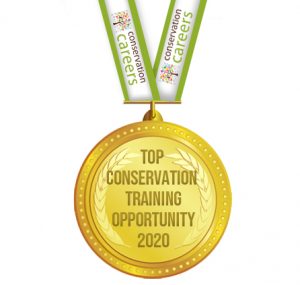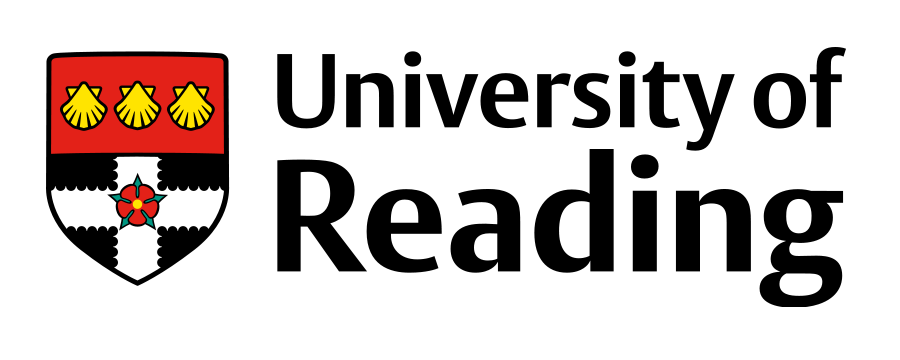Information
£13,500 per year

Taught by internationally recognised experts active at the science/policy interface, this interdisciplinary programme examines both scientific and policy-oriented aspects of conservation. Teaching covers the breadth of this important field, examining how conservation goals may be achieved under climate change scenarios, in combination with food security requirements, while taking social justice issues into account. The breadth of the degree gives flexibility to pursue those areas most relevant to your professional development and contains a significant research component supported by leading researchers.
The degree is designed to offer you considerable scope to tailor your studies to focus on the topics you wish to pursue. Integral to the whole programme is extensive liaison with conservation practitioners from a wide range of collaborating governmental and non-governmental organisations (e.g., Butterfly Conservation, Marine Conservation Society, Natural England), as well as a broad suite of international organisations (e.g., Kenya Wildlife Service, Solio Ranch, Wildlife Direct. Key individuals from some of these organisations contribute to classes and field visits and a number of our project students will be placed with such organisations.
A special feature of the programme is the Kenya field course, which includes visits to some of East Africa’s most famous conservation areas, as well as in-depth discussions with a wide range of stakeholders about synergies and trade-offs between conservation and development. The trip provides you with opportunities to see first-hand how conservation science operates within particular policy contexts. Travel and subsistence costs for this part of the programme are included in the programme fee.
This Masters is based on the Penryn Campus in Cornwall—an exceptional place in which to study issues related to the environment and sustainability. The duchy is a living laboratory offering a diverse range of marine and terrestrial habitats, a wealth of natural resources, and creative and resilient communities. The Penryn Campus is also home to the University’s Environment and Sustainability Institute (ESI) – a £30 million centre leading cutting-edge, interdisciplinary research into solutions to problems of environmental change and enhancing people’s lives by improving their relationship with the environment.



